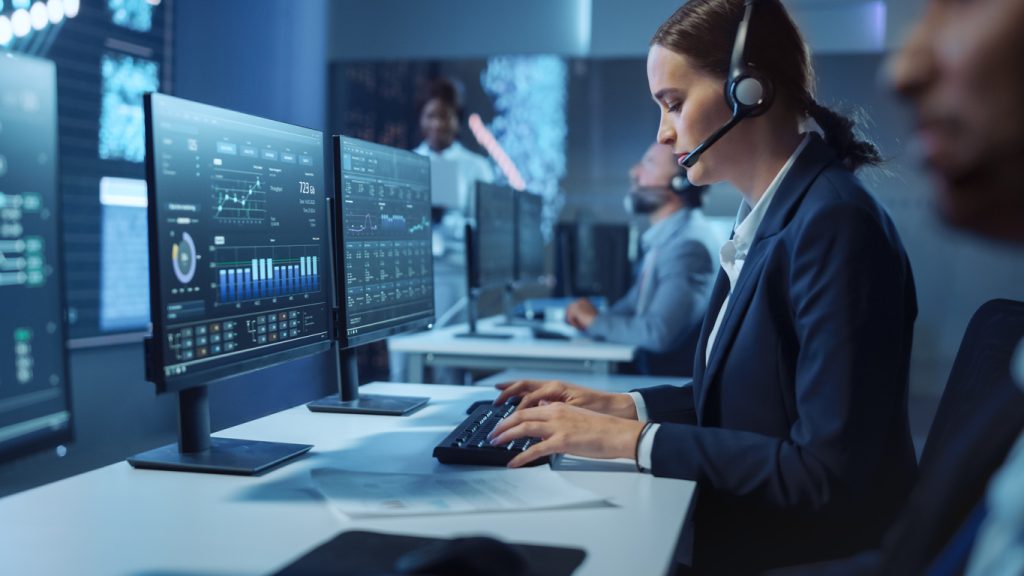Understand Your Rights. Solve Your Legal Problems


Police officers protect people and ensure that the law is being followed and sometimes this requires finding someone's location. Whether the police are looking for an active suspect or trying to find someone who's called 911 for an emergency, there are ways that they can track your location. That said, their methods vary based on the type of phone you're calling with, where you are, and your service provider. For example, tracking a landline phone is not the same process as tracking a smartphone.
Thankfully, we have the answers you're looking for. Read on to learn more about how 911 and the police track a phone's location.
Yes, 911 tracks your location. 911 tracks your locations in a few ways depending on how you contact them. They can find your exact location when you call from a landline phone but things get more complicated when you call from a cell phone. Depending on the device and the provider, they can track your exact location or triangulate an estimated location based on the cell towers in your area
Triangulation consists of estimating a phone's position based on its communication with three phone towers. Triangulation gives an accurate position of someone's phone but it can't determine if you're inside a building. Also, it's not 100% accurate and may provide 911 operators with a small radius of where you can be. This is why providing your location is useful to speed up the process.
The only people tracking your phone when you call 911 is the call center. This is separate from the police but 911 operators will relay the information to nearby police officers if you're in danger. For this reason, 911 is not the same as the police when it comes to tracking your phone's location. 911 also won't track your phone unless it's necessary. Usually, you'll only have one operator on your case.
911 only tracks your location when you request your location to be tracked or if you're in danger. Otherwise, police officers and people within 911 call centers won't track your phone number. Still, tracking may happen if there is a warrant for your phone activity. In most cases, you'll know when this is happening unless they're tapping your line. This is more often the police tracking you and not the 911 operator.
The police can track your phone if they have a warrant to do so. They'll need a court order from a judge and it will outline what they can and can't track. When police track your phone they can do so in multiple ways. Primarily, they'll run through your phone records to see if anything stands out. However, they can also tap into your phone network and trace your calls. This helps them see who you're talking to and allows them to monitor your phone activity.
Police usually track your phone by going through your phone records or by running a wiretap. A wiretap allows them to tap into your network and listen to conversations. You can tell it's a wiretap if you hear static sounds in the background or other unusual noises. Police can also use tools like tower dumps or Geofence. These tools are reverse location lookups that use cell towers to determine where devices were during a crime.
That said, these are only a few tools that the police can use to track your phone. With a warrant, it's not hard for them to find information about your whereabouts.
The police will track your phone if they suspect that you're involved in serious criminal activity. To track your phone, they need a court order from a judge and have to prove probable cause. In addition to needing probable cause, the police can only listen to your phone calls or track your location at specific times. For example, they may only be able to tap your phone in the morning or evening. There are a lot of protections to ensure that this doesn't get out of hand.
It's important to note that these rules will change for people who are ex-convicts or on probation. In these situations, the person has fewer rights and it's easier for the police to track their phone.
There are several ways to protect your information from the police but the best way is to use a phone lookup tool. You can't hide from them if they have a warrant to search your device, so it's important to come prepared. In these cases, we recommend using a phone lookup tool like the one here.
These tools will help you view your records so you know what the police have access to. This is enough to help you explain things if something comes up without being caught off-guard. Furthermore, you can see if there are any records about your warrants or other types of police information.
While the police can track your phone, being prepared is the best thing you can do to avoid any issues.
Knowing when 911 can track your number will help you if you need to make a call. Making it easier for 911 to track your number can also help you get out of a pinch if you're in any type of danger. While 911 can get access to your phone, they don't always track you unless you're on the line with them.
However, if you're worried about the police tracking your information it's important to check your phone records. This will reveal any strange things happening to your phone or if you have a warrant out for phone tracking.





